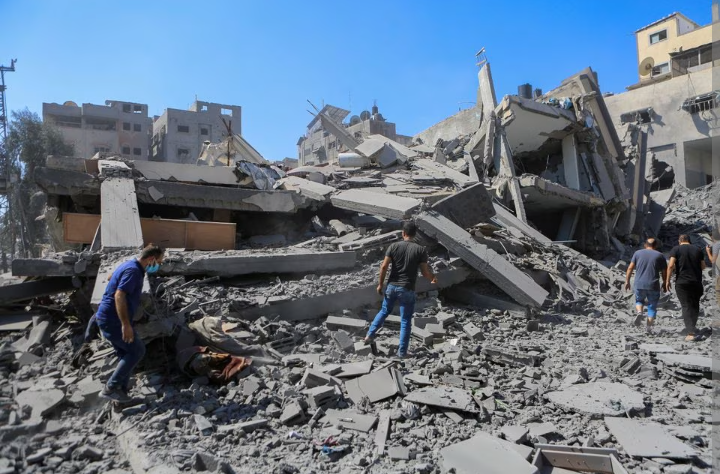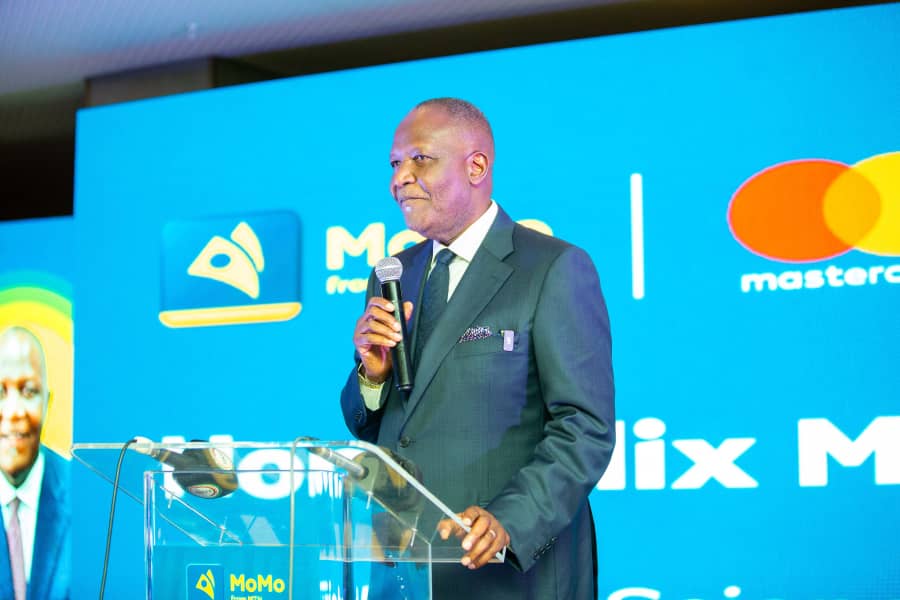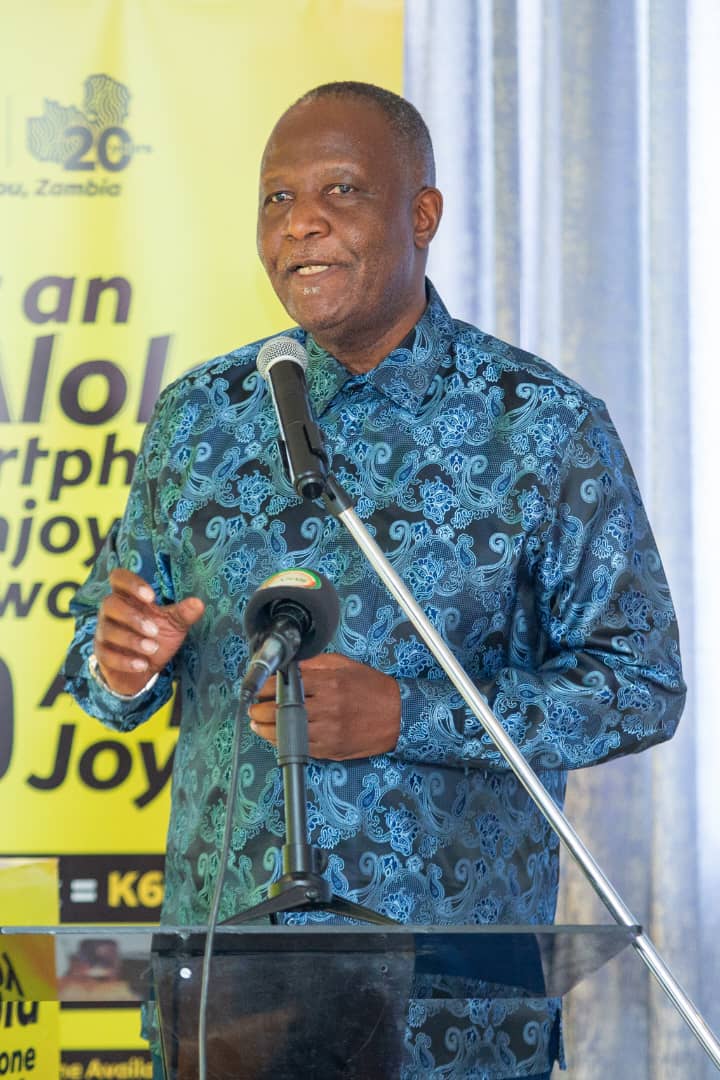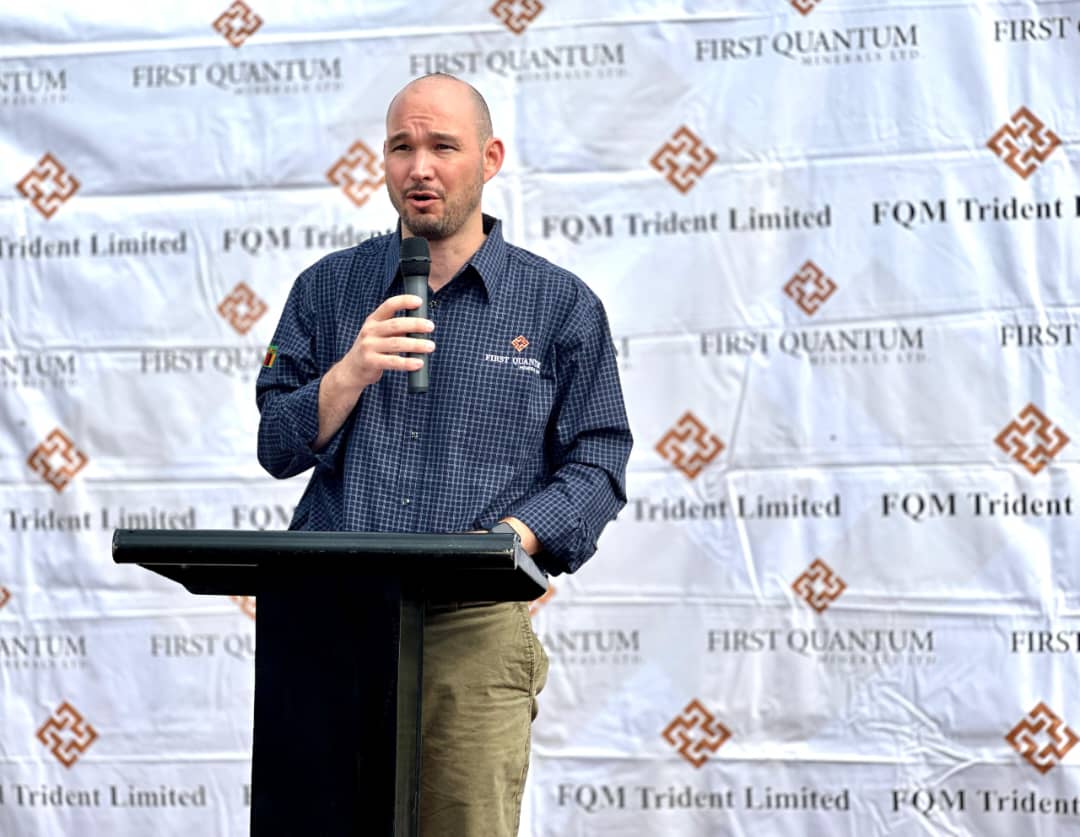Global finance leaders’ paralysis in addressing the fallout from the Hamas attack and Israel’s response last week exposed deep geopolitical divisions hampering the International Monetary Fund and World Bank, even as they advanced new funding plans aimed at easing more-frequent economic shocks.
Hamas launched its unprecedented attack on Israel on Oct. 7, just as top finance officials arrived in Morocco for the IMF and World Bank annual meetings, upending the gathering’s carefully crafted script calling for new resources and steps to revive flagging global growth.
IMF Managing Director Kristalina Georgieva did not mention the new conflict at opening events. Later, as Israel’s retaliatory strikes mounted, she struggled to address it, initially describing it as a human tragedy but a vague source of economic uncertainty.
In private conversations at the meetings, the Israel-Gaza conflict’s implications were front and center, from a new refugee crisis to trade impacts and the threat of fighting in Lebanon and the West Bank, participants from finance groups to non-profits told Reuters.
“In the face of a major global shock like this that’s human created, that’s not a climate shock, these institutions are impotent to do anything about it, which is why they’re not even talking about it,” said Rachel Nadelman, a senior research fellow at American University’s Accountability Research Center, who attended civil society and official events at the meetings.
The inability to respond extended to chair’s statements issued by the Group of 20 major economies and the IMF and World Bank steering committees, which failed to mention the conflict








